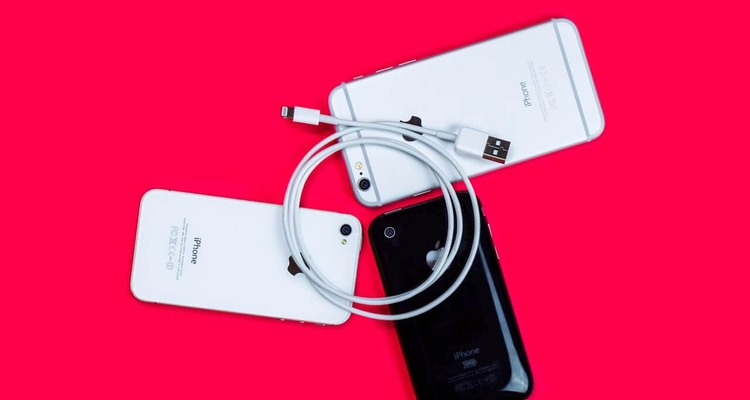
What To Do With Hard To Recycle Items
By Natalie Lewis
It is so important to dispose of unwanted items in a correct manner, products that may not be valuable to us anymore are still valuable in more ways than you can imagine. With the saying one man’s trash is another man’s treasure coming to mind, this is true of our rubbish.
Responsibly disposing of items, such as old gadgets, is important as their parts can be used to create new products. Recycling more materials removes the pressure to extract valuable resources such as wood, oil and minerals through unsustainable practices.
But getting rid of unwanted items can be tedious, especially if you’re not really sure how to discard of them correctly. However, it is vitally important that we continue to try to dispose of products responsibly to prevent excess rubbish littering our environment. Because of this, we’ve created a guide that will help you dispose of your unwanted items appropriately – and possibly make you some extra money!
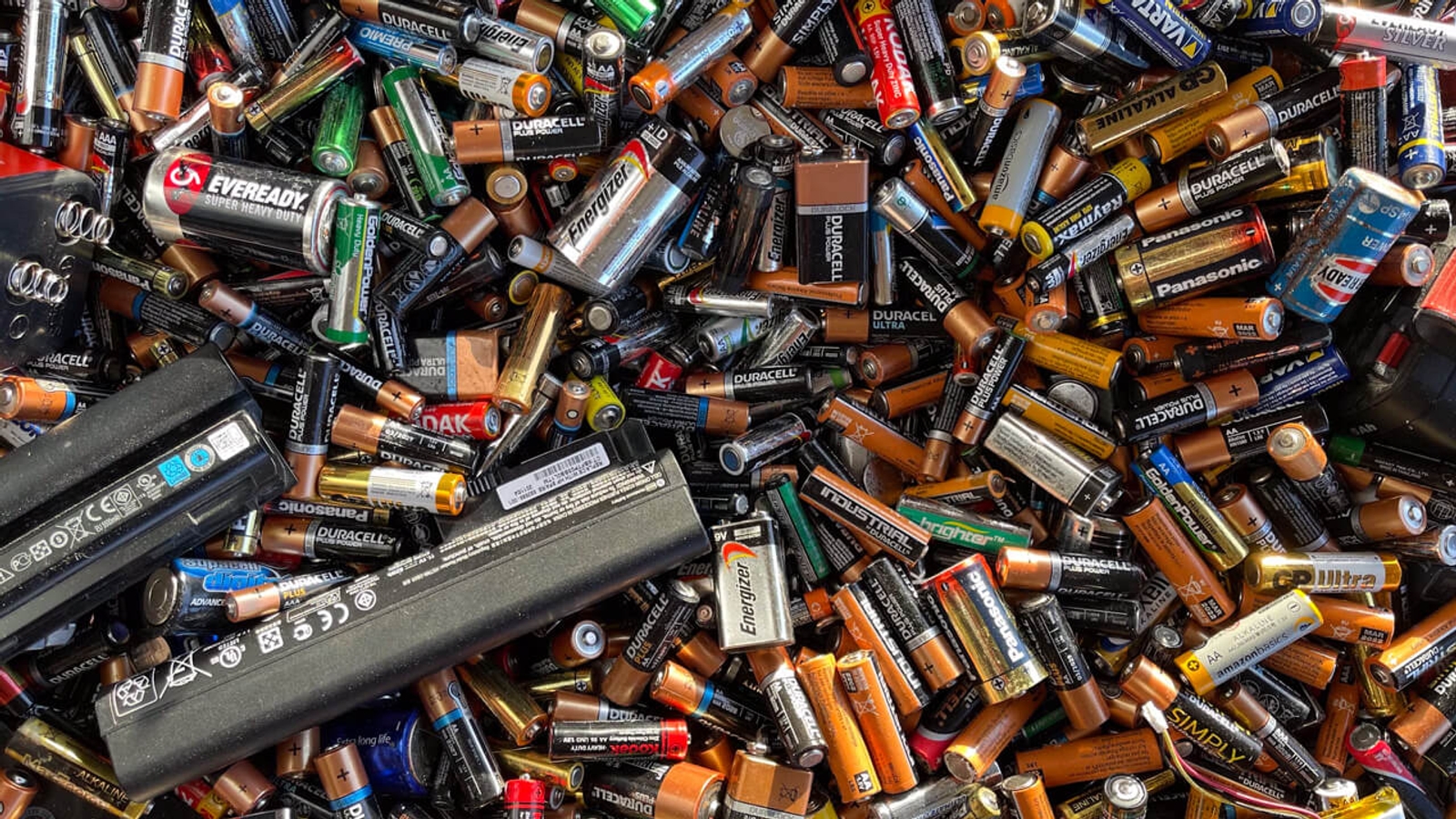
How To Dispose of Toxic Items
There are many items that should not be discarded in your household bins and need to be disposed of correctly. As they can contaminate your waste, due to the toxins present in them, preventing the sorting process at waste centres from being carried out correctly.
More so, they’re not only extremely harmful to the environment if not disposed of responsibly but they pose a danger to staff who deal with waste.
Furthermore, products that should not be thrown into your household waste will show the symbol ‘do not bin’ – a wheely bin with a cross through it.
How To Dispose Of Batteries In The UK
It may seem like throwing batteries in your waste bin is a simple solution to getting rid of them, however, this is not the case. Batteries need to be disposed of correctly as they contain harmful substances that can pollute the environment if not responsibly recycled.
The toxins found in batteries indicate they can be a fire-risk when damaged. This is likely to happen when they are crushed during the collection process. If a battery sparks due to the damage, it can easily catch alight, especially being in close proximity with other flammable materials such as paper and plastic. This can have disastrous effects as a small fire can quickly spread inside a collection vehicle or waste site, putting staff at risk and damaging services.
Supermarkets that sell batteries should have a collection point to return your old batteries. This means you do not have to go out of your way to drop them off, next time you are going shopping just bag them up and take them with you. Preventing you from taking unnecessary trips.
Take your old batteries to your local recycling centre or check to see if your council offers kerbside collection services.
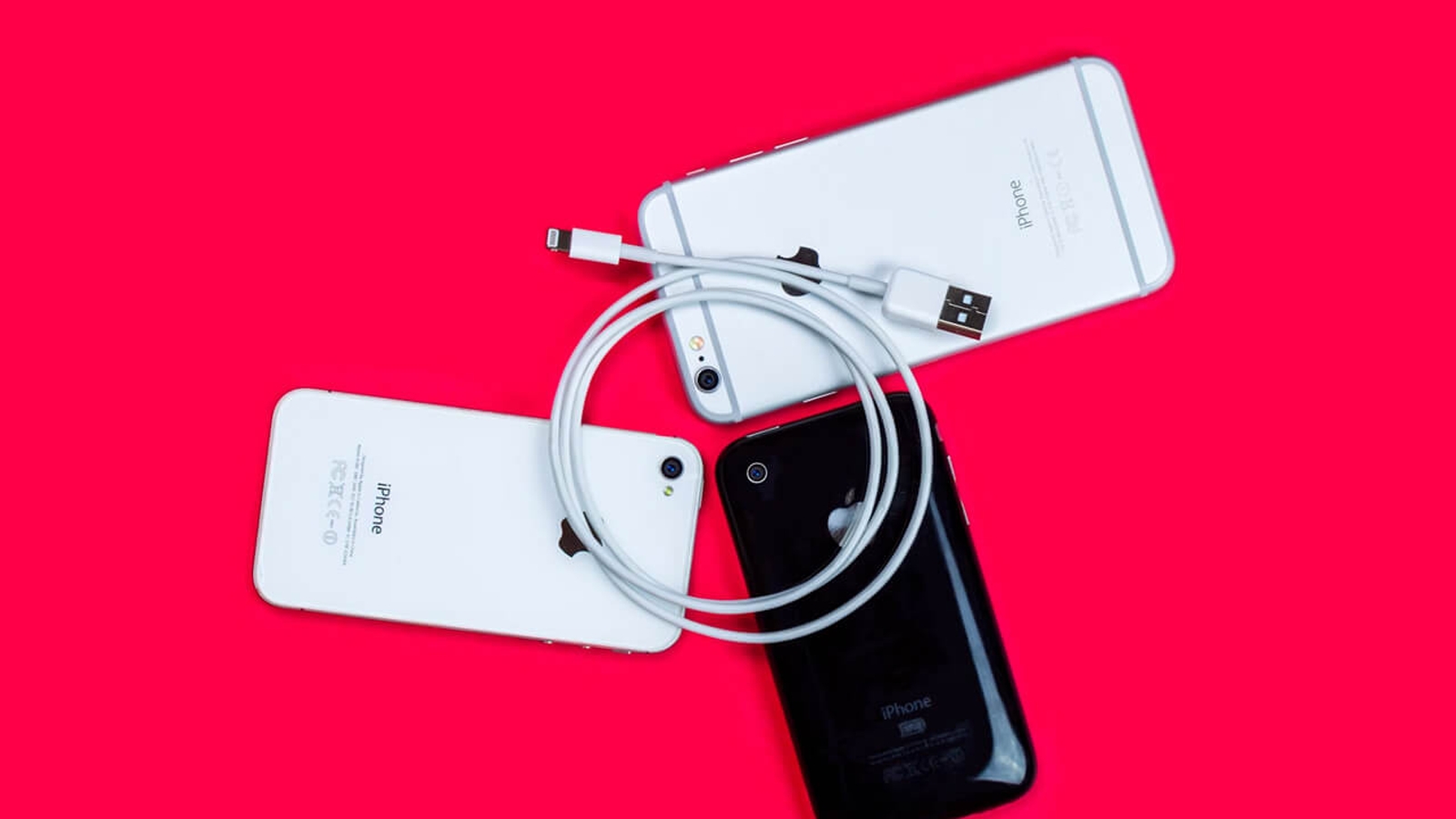
How To Dispose of Electrical Items In The UK
Like batteries, electronics cannot simply be thrown in the bin. They contain chemicals that can pose serious health risks if not disposed of correctly. Furthermore, the toxic elements will pollute the environment if they end up at the landfill. Any waste electrical and electronic equipment (WEEE) that require a plug or battery to power it need to be disposed of responsibly.
Discarding of electronic waste correctly is beneficial to you and the environment. It means certain components of your electrics can be dismantled and reused, helping to reserve valuable resources. According to The First Mile, for every laptop that is recycled 36 cubic meters of water is saved and CO2 emissions is decreased by 40kg. Furthermore, electric waste releases toxic substances, such as mercury, into the environment. This has been proven to be extremely harmful to the human brain and nervous system. Hence, recycling your e-waste prevents dangerous chemicals contaminating people and the environment.
Get in touch with your local council to found out where to recycle your old electronics. Or earn some extra cash by trading old electronics in for money on websites like MusicMagpie or at shops such as Cash Converters. To dispose of your electronics, follow the WEEE guidelines.
How To Recycle Your Old Phones In The UK
Looking to upgrade your gadgets and don’t know what to do with the old ones?
Apple’s recycling scheme lets you trade in your old devices, for credit towards a new one. However, if your device is too old or not eligible for the trade-in they will recycle it for free. Use Apple’s Trade-in website to find what your device is worth!
This will help you to save some cash and help the environment!
Carphone Warehouse also have a scheme which slightly differs to Apple’s, as you can trade in a range of smartphones from different brands. You will be paid the value of your device. It is a quick and easy way to make a bit of extra cash, and offers an in-store or online trade-in so you can choose which best suits you. To trade your phone in online visit the Carphone Warehouse trade-in page.
How To Dispose Of Hazardous Items In The UK
Hazardous items such as bulbs or paint need to be disposed of carefully, as they can expose the environment and people to powerful toxins, potentially causing illness and harming wildlife. They should not be disposed of in your household bin unless stated otherwise. Always check with your local council for guidelines on how to dispose of them correctly, but here’s some more guidance and the reasons why you should be careful when disposing of lightbulbs and paint.
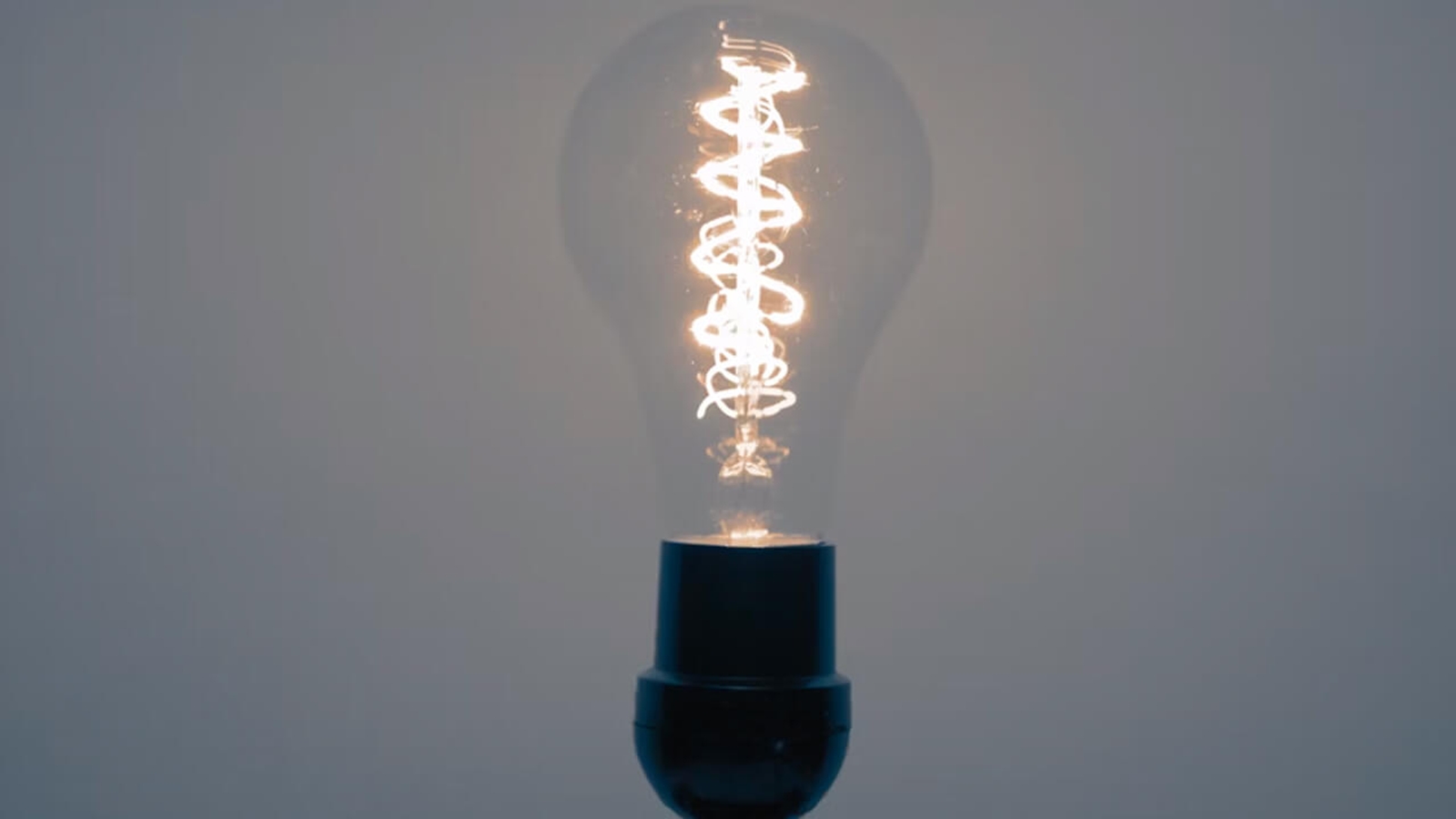
How To Dispose of Light Bulbs In The UK
Although most light bulbs can be recycled, old light bulbs should not be thrown in your household recycling bin. When dealing with incandescent or halogen bulbs you should always check with your council how to dispose of them correctly. This is because the wires inside of the bulb structure are fine, making them difficult to separate.
These type of bulbs should be thrown into your general waste bin as they contain no toxins which will not contaminate other waste. To safely dispose of these old bulbs wrap them in waste paper, their original packaging or any wrapping that will prevent them from shattering.
Fluorescent and compact florescent bulbs are not as easily discarded. This is because they contain harmful toxins like mercury and lead and are as such classified as hazardous waste. Disposing of these bulbs in your normal waste bin isn’t a good idea as they can easily shatter, releasing toxic substances into your home or waste recycling facilities. To discard of lightbulbs in the correct manner take them to your local recycling centre.
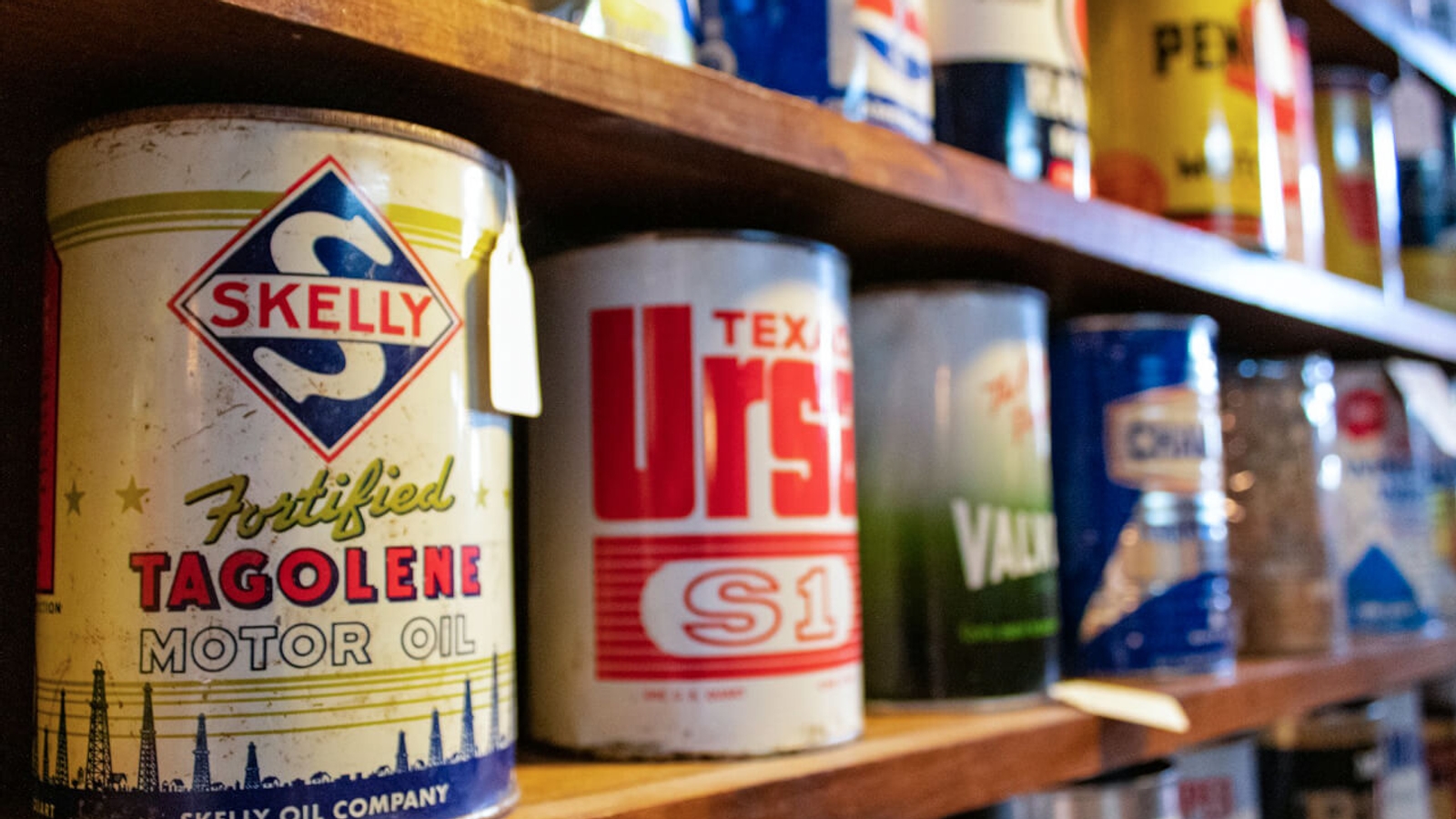
How To Dispose of Paint In The UK
It’s not possible to simply throw out paint in the UK, most paints can be recycled at recycling centres. When recycling paint make sure you harden the paint first, as liquid waste is banned from landfill sites. To harden paint, add paint hardener (or alternatively soil or sawdust) and leave the lid off until the paint is completely solid. To check the paint is hardened try piercing a whole in it.
Solvent-based paint, paint thinners and white spirits are all classified as hazardous waste. When finished with these products take them to your nearest hazardous waste disposal service. To do this, simply visit head to the GOV.UK website and type in your postcode to find your nearest centre.
If you have unwanted paint that is still in good condition you can donate it to organisations such as Community Repaint, which helps allocate it to those in need. This is a great cause as it helps to provide for people in your community and it also reduces waste, reliving pressure on landfills.
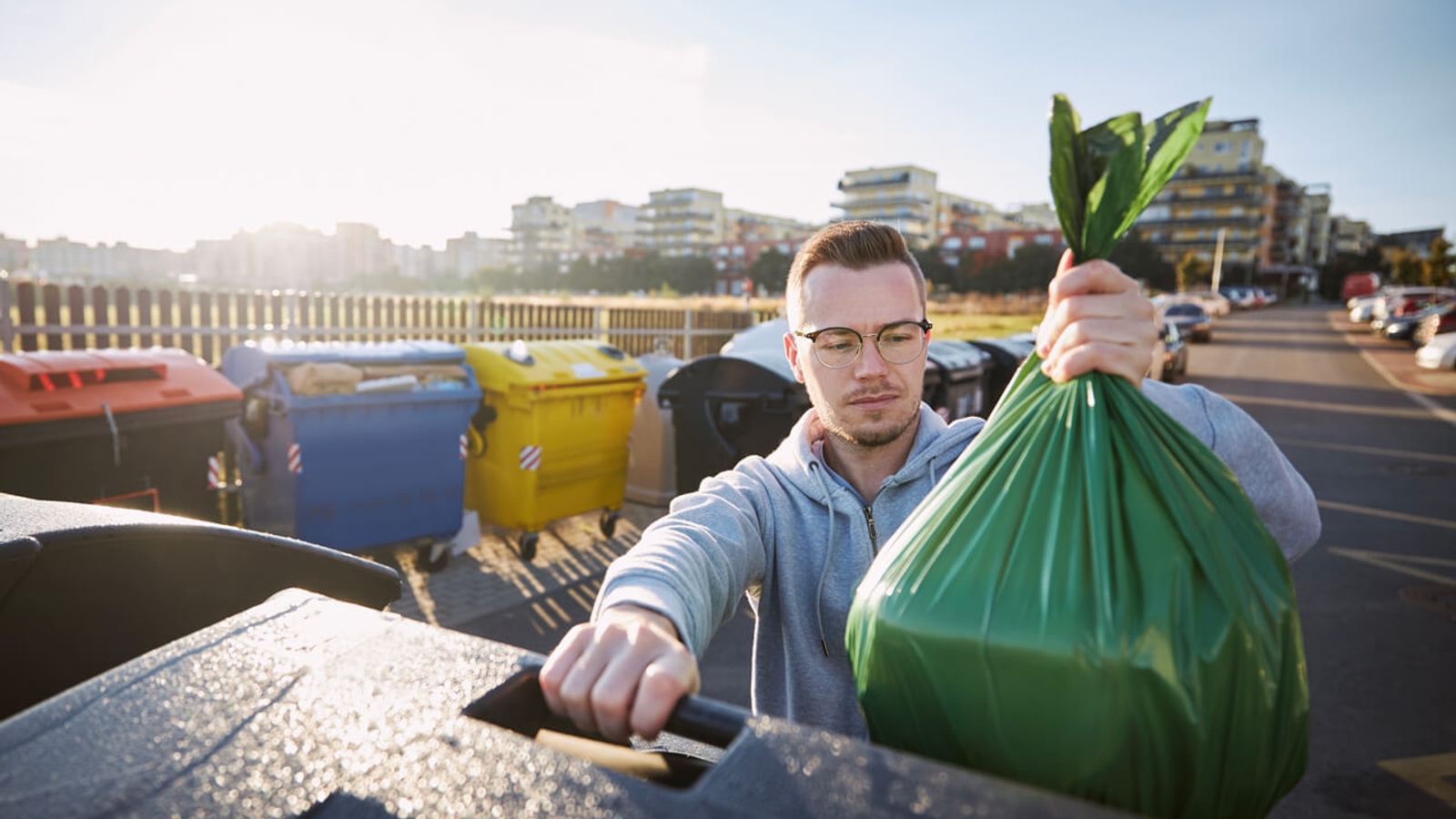
Sell, Donate, Upcycle Or Throw Out
It can be overwhelming when having a clear out, but discarding products isn’t the only solution. There are many ways to declutter your home that don’t involve unwanted items being destined for the landfill. Rehoming products is a great way to make sure your unloved objects get a second lease of life. A tip to help you sort through your items is to divide them into different piles.
The Best Ways To Sell Unwanted Items
A great way to make a bit of extra cash is by selling unwanted items. Selling items online has become increasingly popular over recent years, with websites developing ways for you to sell items conveniently from your home. At the click of a button, it has never been easier. Some of the most popular platforms include:
Facebook Marketplace
Using Facebook Marketplace is a great option to advertise your unwanted items to people in your local community. You can sell anything on this site, however it is popular to sell furniture and other home goods on there. It’s a simple transaction, you can arrange where you want to meet the buyer.
WeBuyBooks
Allows you to trade in any unwanted books, CDs, DVDs and games. By downloading the app, you can simply scan the barcode on any item you want to sell and get an instant price. They also send prepaid labels, so you don’t have to pay anything! Visit the WeBuyBooks website to learn more.
Gumtree
Using Gumtree allows you to sell anything you want online, from property to washing machines anything goes with Gumtree! Simply type in your postcode and the platform will show your items to any local buyers. If you don’t want to sell any items, it also has a section where you can give things away for free, saving you the hassle of making a trip to the tip or charity shop.
These are just some of the many platforms you can use to easily and quickly sell any unwanted items from your home, enabling you to declutter and make some buck for your bang too! Be sure to check out the different sites to find the right one for you.
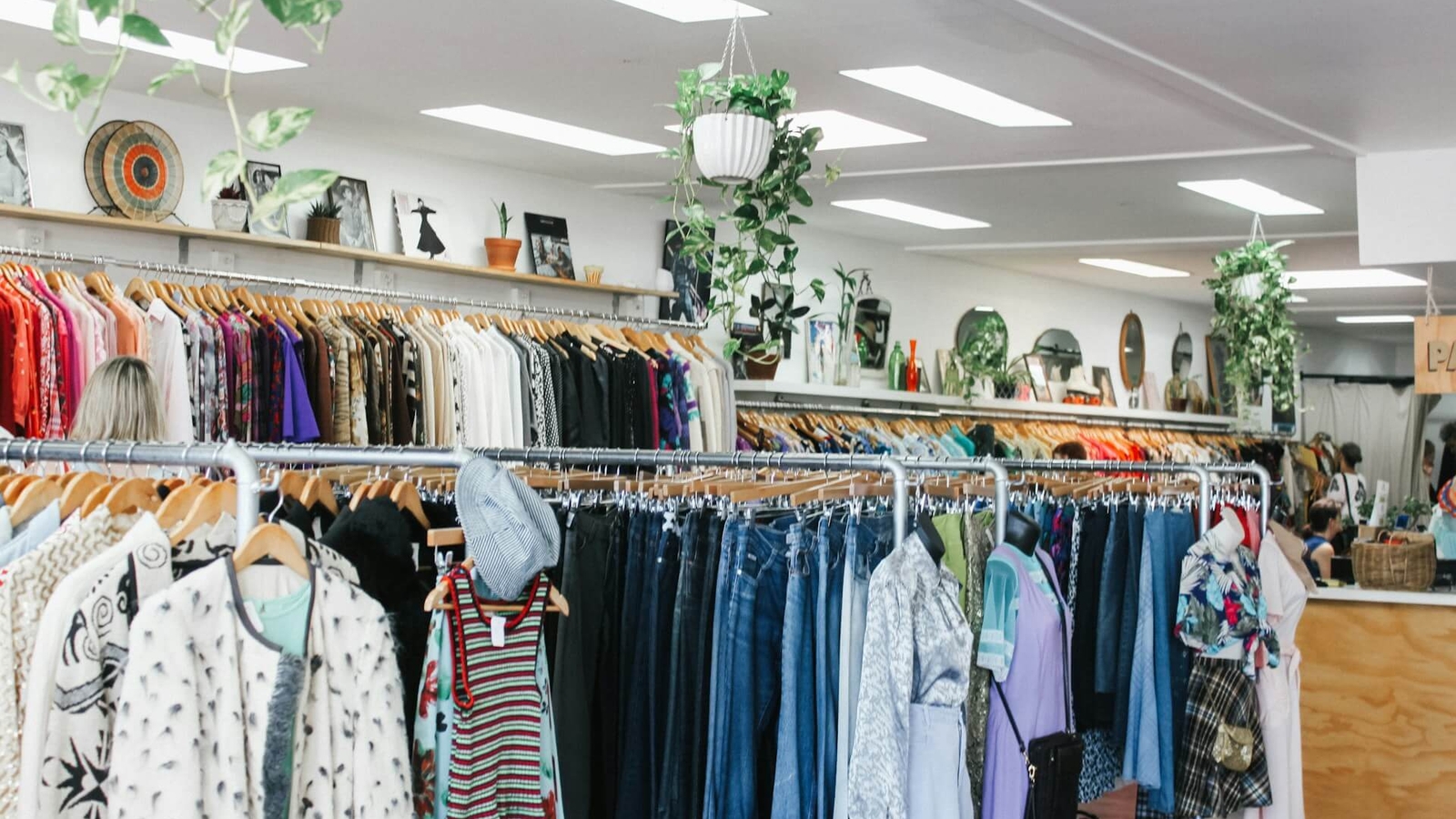
The Best Ways To Dispose Of Clothing Sustainably In The UK
The average UK adult has 118 items of clothing in their wardrobes, of which one quarter go unworn for at least a year. There are plenty of sustainable ways to reorganise your wardrobe, without resorting to throwing your clothes into the bin. Here are some tips to save you some space and give those garments a new lease of life.
How To Donate Clothing
Donating unwanted items is one of the eco-friendliest ways of disposing your unwanted items. This is a sentiment shared by many in the UK as of recent years, as data has shown 39% of people in the UK now give clothes to charity shops.
Giving your unwanted items to charity can have a massive impact on the environment and other people. Many different items can be given to these organisations – from clothes to wardrobes – and means they get to be loved by someone who needs them, and it prevents them from being destined for the landfill. Find your nearest charity shop using The Charity Retail website.
Some items of clothing can be harder to get rid of, like school uniforms. However, websites like Old school uniform can help you donate or sell your unwanted uniforms.
Check with your local charity shop, to make sure they are able to take your items.Each year, 300,000 tonnes of clothes is disposed of in the UK, with the majority headed to the landfill. By donating your unwanted items, you help to reduce landfill pile up and decrease the fashion industry’s pollution!
Clothing banks are another great way to donate clothes. Often located in convenient areas such as next to a supermarket, they offer a suitable option for sustainably disposing of your items. So the next time you go for your weekly shopping just pop your unwanted items in a bag, and take them along! Check out the Recycling solutions website to find your nearest bank.
How To Rent Out Your Clothes
Want space in your wardrobe but don’t want to permanently part with your clothes? Rent them out using rental platforms such as MyWardrobeHQ or ByRotation. This is a great way to make some extra cash. Similarly, it’s a great option if you’re looking for a perfect outfit for a one-off occasion, renting might be for you.
Trade Your Clothes
Sell your unwanted clothes for cash. Using apps like Depop, Ebay, and Vinted is a quick and easy option to selling your clothes without the fuss. With a straightforward process, it’s easy to sell your clothes from the comfort of your own home.
Another great way to make a bit of extra cash from your old clothes is by trading them for coupons instead. Some high-street shops offer discounts when you dispose of your clothes with them. Participate is Schuh’s 'Sell Your Soles' scheme and be rewarded with a £5 off a £25 spend voucher. This initiative is great as they collect any pair of shoes from any brand. They offer one voucher per pair of shoes you recycle. A convenient option to recycle your used goods, without going out of your way!
Schuh also offer discounted shoes on its Schuh imperfects website. This is a great way to save a bit of extra cash next time you are looking for a new pair of shoes! Be sure to check if your nearest Schuh offer this scheme!
Check for more rewards on moneysavingexpert.com – however it's worth taking a closer look at return and donation schemes like these, as in previous years multiple high street retailers like H&M have been found to be greenwashing, with very few donations being recycled properly and instead being dumped in landfill.
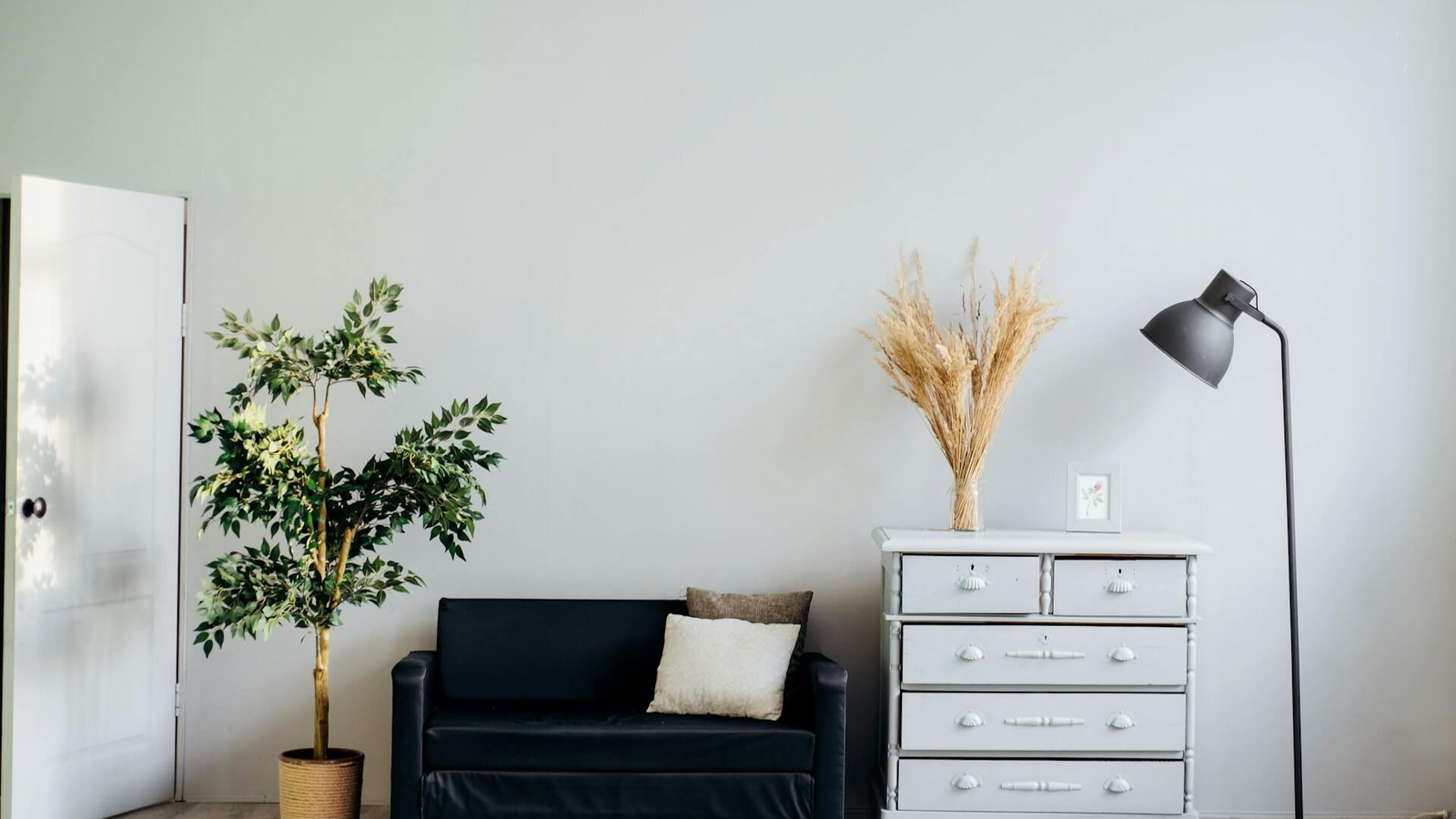
The Best Ways To Dispose Of Furniture Sustainably In The UK
It can be difficult to get rid of furniture due to its size, and unfortunately many turn to leaving things on the street corner. However, if you aren’t selling it, a simple solution is looking for charity furniture collection.
This will have a massive impact; not only will it reduce waste but it will also help alleviate stress for families that can’t afford to pay for expensive new furniture. 9% of adults and children are in furniture poverty, so charities like the British Heart Foundation are so important.
It’s one of the main charities that will collect furniture, with a impressive collection of 180,000 sofas each year, and the charity estimates it has saved 135,000 tonnes of CO2 emissions being released into the atmosphere.
You can see if collection is available in your area by entering your postcode on the British Heart Foundation website.
Of course, listing your products on reselling websites like Facebook Marketplace, Gumtree and even Vinted are also other options.
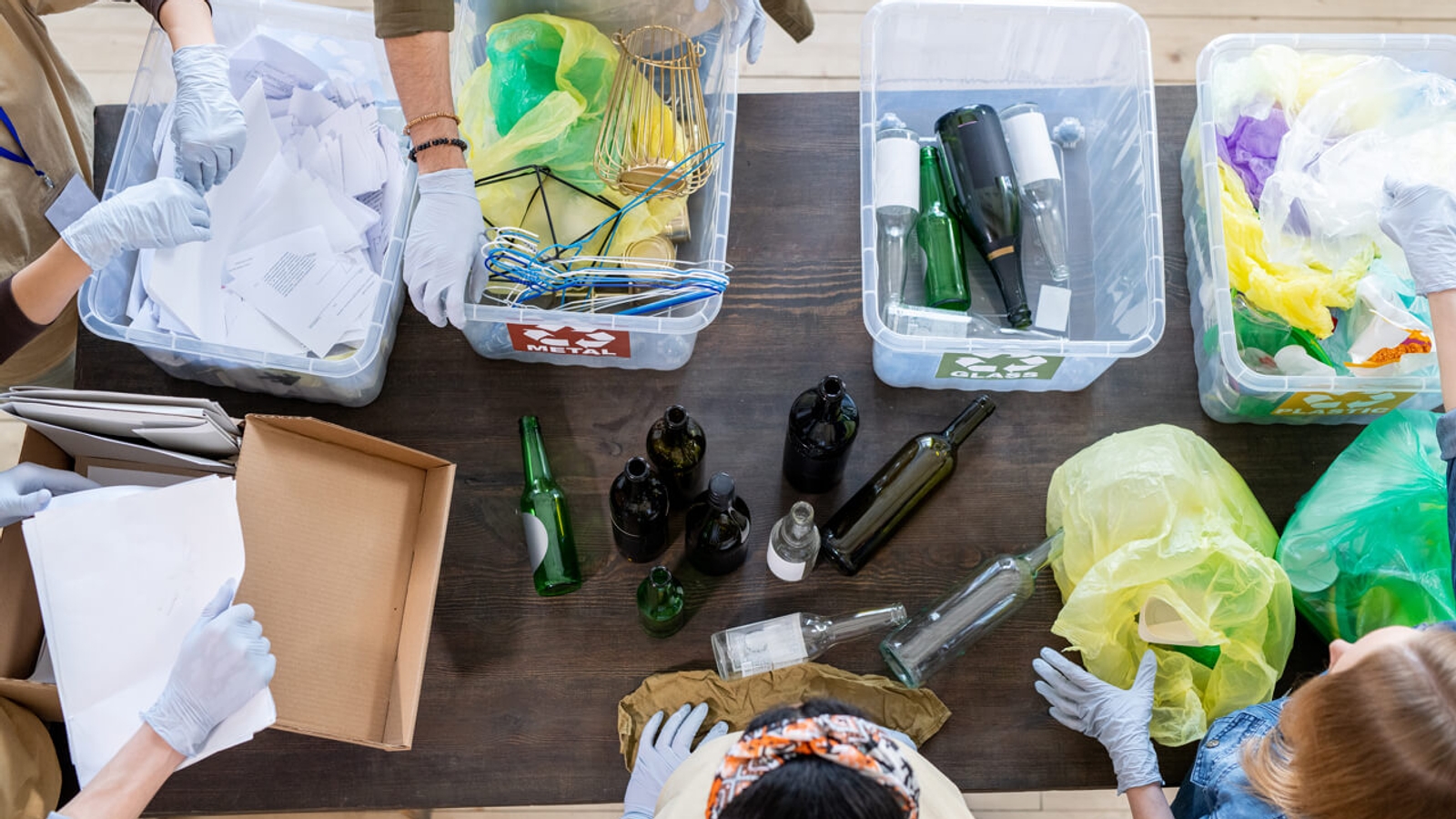
The Best Ways To Upcycle Unwanted Items
Upcycling is an eco-friendly way to give an unwanted product a new lease of life. This will help decrease the number of discarded products found in landfills, and help you to save some cash! Embracing this sustainable change is a creative and fun task that all the family can participate in. The best thing is you can create whatever you want from the materials you already have at home! Making the possibilities endless.
So use your imagination and get creative. This is a great way to get the little ones involved teaching them the importance of sustainability and keeps them busy!
Hopefully this guide has made it easier for you to declutter your home in a way that is suitable for you and the planet! If you are unsure how to get rid of any unwanted items be sure to contact your local council for the right information.



